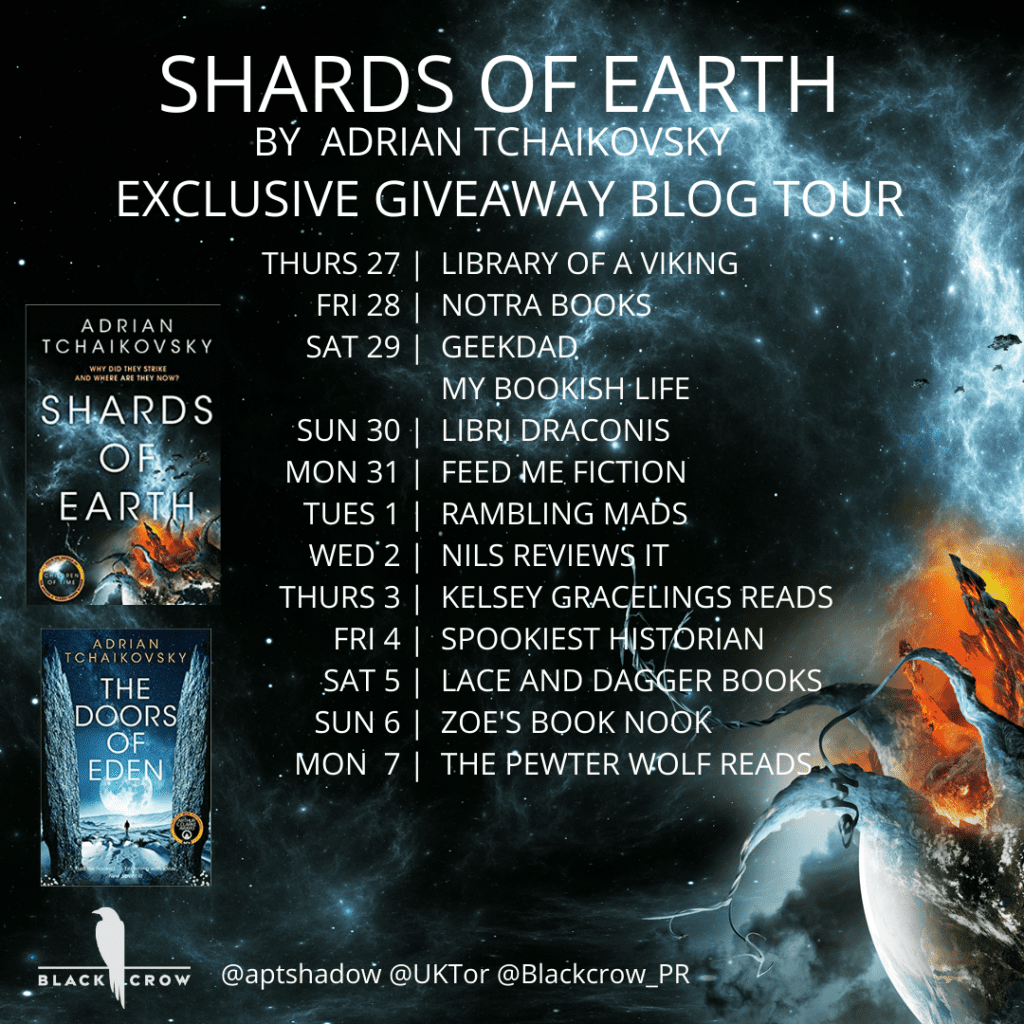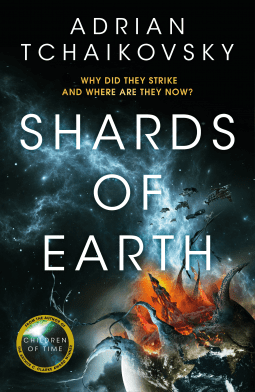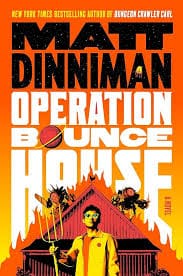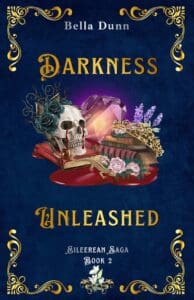
Rating: 8.5/10
Synopsis
The war is over. Its heroes forgotten. Until one chance discovery . . .
Idris has neither aged nor slept since they remade his mind in the war. And one of humanity’s heroes now scrapes by on a freelance salvage vessel, to avoid the attention of greater powers.
Eighty years ago, Earth was destroyed by an alien enemy. Many escaped, but millions more died. So mankind created enhanced humans such as Idris – who could communicate mind-to-mind with our aggressors. Then these ‘Architects’ simply disappeared and Idris and his kind became obsolete.
Now, Idris and his crew have something strange, abandoned in space. It’s clearly the work of the Architects – but are they really returning? And if so, why? Hunted by gangsters, cults and governments, Idris and his crew race across the galaxy as they search for answers. For they now possess something of incalculable value, and many would kill to obtain it.
Review
First, I’d like to thank Black Crow PR and Tor for sending me the advanced review copy, and for organising this awesome tour with awesome stops and prizes along the way. And, to Adrian, who wrote this amazing book I’m all too excited to talk about.
P.S. The cover is nothing short of awesome, when you have read enough of the book to find out what it exactly entails.
Shards of Earth is a fantastic blend of uniquely human moments, uniquely alien moments, and a whole lot of destruction patch-worked together in strings of character development that span decades and space-systems. It’s a vast pool of new, alien ideas, of horror, of loss and small triumph. I loved this book to bits.
The plot, in short summary, sees the threat of the Architects gone, disappeared with the best efforts of Parthenon and the Colonies; the great human polyspora is free to continue, while the hounds of war skulk in the background. Idris Telemmier is an Intermediary, a psychic who touched the mind of the Architect and fended them off, and Myrmidon Solace a vat-bred warrior-angel whose people helped make it so. But now the war is behind them, the Colonies and the Parthenon’s relationship is so broken they’re close to war, and Idris and his crew on the Vulture God are called to a job to recover mysterious wreckage that could throw peace out the window. It’s a plot that takes you – literally – through jumps across vast space, through Throughways and the vast Unspace, where the void looks back at you. Where something lurks. From jump to jump, there’s action, intriguing aliens, battle scenes, and loss enough to pull a few tears at every turn. It’s a book that doesn’t relent and tugs you through its pages at an alarming rate. There was no low point in this one, for me. It was wondrous and riveting from the very start. And while the explosive ending peters out into something well-rounded, it does nothing to take you from hanging on that cliff.
Here, the ‘alien aliens’ are a treat; they’re a creative smorgasbord of new and intriguing ideas which relate to and are themed heavily around our very own earthborn zoology. I’d heard Tchaikovsky drew ideas from our animal kingdom before but had never seen it in action. As regrettably, I’ve only read a novella of his, and now this – though this book has moved him to an auto-buy status. I digress. By alien aliens I mean not the humanoid type that we see a lot in sci-fi, but the weird, strange, and definitely not human that we see here. For instance, the Castigar, who are very much like giant leeches that have forms dependent on their purpose, and an array of weapons attached to their heads? Or the Essiel, a race of clam-like aliens who rule over the Hegemony as gods, a coalition of alien species surrendered to them under the promise they can fend off Architect attacks, should they return. It gave depth to the book, and a sense that every new character we met was an incredible story of their own, spanning worlds, space travels and a separate history that you’re desperate to learn more about.
Accelerators, psychic waves, and new tech galore. Engines that claw and grab onto space, suits that do the same and pilots that can draw the curtain of real space back to reveal Unspace, a back channel that allows quickly travel through a dark void, but also speaks of horrors and strange consciousness that breath down your neck; there was no shortage of original ideas in this book. The way even the ships moved through space was explained was believable enough, yet completely new and just adds to the layers of intrigue.
Last, but not least of all, Shards of Earth had characters that you just can’t help but care about. Idris, the Intermediary, a psychic that navigates Unspace, that’s able to tap into the minds of the enemy, hasn’t slept for fifty-years, nor has he aged; the entire process of him being awake in the void while his crew slept, for fear they might go insane, was … touching. It resonated with me and dealt with elements of loneliness, of fear and depression, or not being able to sleep for fear. Unspace was an exercise in what it means to look after your own mind, and how without others around you, you could be lost in the void forever. I don’t know if that was the intention, but it certainly went to depths I didn’t expect there and was very clever and thoughtful with them. You have Solace, who has a strong heart, but also a strong sense of duty. She’s part of a race who’s vilified and rejected for the way they were born, for what they are, despite all the help they gave in the past. Or Olli, who found just living a hardship, but created a frame around her for which she can be free, but still can’t escape the anger within. And Kit, who culture makes him entirely, entirely alien from the rest of his crew, but who somehow finds a way to bridge that gap, a way to be loved for the crab-like alien that he is. I think just in the characters alone, this book is phenomenal.
Overall, if you like brand-new ideas, A LOT of action, and tears in equal amounts, then you should read Shards of Earth RIGHT NOW.





Leave a Reply